Book of Little Qualms
Senator Meadow stood beind the podium, her hands sweaty and out of sight from the galactic audience.
She re-creased the folded note again and again. The words ran over and over in her mind.
Shut it down
- kw
A creak of an audience chair. Eyes upon her. A murmur.
The vote was balanced. A seventh sector representative leaned forward in anticipation.
She swallowed.
The system was manufactured. The autonomous von neumann probes had given consent and awaited only fuel. A mineral galaxy would be cordoned for the exclusive use as an accelerant for creation and automatic dissemination of new explanatory knowledge.
Shut down the germination kernel?
She put the paper in her pocket were it rested against a small bound leather book with a clasp resembling the symbol for infinity.
“The forty third sector votes in favour”
The note was going to cause some problems for her, of course.
But you know what they say about problems
Book of Little Qualms
Where the Little Book of Calm helps you under pressure, the Book of Little Qualms helps to fight off pessimistic world views.
- Every problem has a real and achievable solution.
- Solutions come from creating ideas and testing them against reality.
- People can create all of those solutions by making explanations about how things work.
- People includes humans but also aliens and computers that can make explanations and test them.
- Computers, aliens and humans are be aligned because testing against reality and error correcting is their mode of operation.
- It is impossible to predict new knowledge, so doomsayers should be ignored.
- New knowledge solves problems in unpredictable domains.
- Slowing the creation and testing of new ideas slows problem solving in unrelated domains.
- Systems that prevent knowledge creation should be carefully modified, including otherwise cherished and human cultures.
- Optimism is not wishy-washy thinking, it is critical in order to solve any problem.

- Book of Little Qualms
- Preface
- Knowledge and Explanatory Knowledge
- What is knowledge?
- Why is knowledge important?
- Where does knowledge come from?
- Explanatory knowledge is special kind of knowledge
- What are people?
- Why is explanatory knowledge important
- Anything that is physically possible is achievable given the right knowledge
- Problems are inevitable, problems are soluble
- It is okay that we do not know how to solve some problems
- We have infinite theoretical knowledge to discover, just like the physical universe
- How do we create new knowledge effectively?
- Creativity requires optimism
- What is creativity?
- What are good explanations?
- Consequences of explanatory knowledge
- How is this related to the scientific method
- Science is not about experiments
- Experiments are for choosing between theories
- There are two types of tests, crucial and non-crucial
- We grow our knowledge growth by problem hopping
- Error correction in policy decisions is the same as in science
- Democracy is about how to remove rulers
- The principle of optimism
- The most moral act is to preserve the means for error correction
- One should not slow progress
- Humans are not limited in what ideas they can create
- Extensions from explanatory knowledge
- Humans are not a “scourge upon the Earth”
- Immediate world-ending technologies cannot be predicted
- Aliens and AGI cannot have super advanced concepts
- AGI will be aligned
- Aliens would be aligned
- Literally all problems have a real solution
- One incredibly important task would be to work out how to create knowledge faster.
- All cultures are not equal
- Knowledge creation solves suffering
- Optimism should be encouraged
- Explanations need to be hard to vary
- Negative forecasts beyond a few years shouldn’t result in halted progress.
- Epilogue
Preface
A condensed picture handbook inspired by The Beginning of Infinity by David Deutsch.
The book is loosely inspired by the Black Books episode in which Manny encounters the Little Book of Calm. Rather than adding a dash of lavender to your bath in your quest for you own calm kingdom, perhaps a page or two from this guide will be of use.
When faced with pressure to adopt a negative perspective because of the problems of the world, it is ok to push back. Optimism has a defence.
David Deutsch introduces the concept that knowledge is information that tends to persist. He argues that a student creates new ideas during the process of learning, and that the information cannot be copied from the teacher. Ideas are therefore disseminated to people imperfectly, yet the good ideas will survive this error-prone process. This is a picture book with some concepts from this book and Brett Hall’s excellent ToKast.
In this way, the ideas here are ones that have survived transmission, or been added by the student along the way.
Karl Popper -> David Deutsch -> Brett Hall -> myself -> you
The Beginning of Infinity introduces a framework that feels actionable, clear and optimistic. The aim of this short guide is to:
- Help me to understand and communicate the concepts better.
- Help others do the same.
Images are generated by DALLE-3.
Knowledge and Explanatory Knowledge
TL;DR A practical optimistic framework for real action grounded in principles of error correction (nothing is perfect), computational universality (brain hardware) and explanatory universality (brain software).
What is knowledge?
Something that transforms something else.
Some bacteria have enzymes that allow the use of sugar as fuel. One can say that the bacteria “has knowledge of sugar”.
The bacteria has an enzyme that matches the shape of the sugar molecule. The knowledge of sugar is in the form of the enzyme machinery. Knowledge tends to persist because it matches reality, and so it is useful to keep.
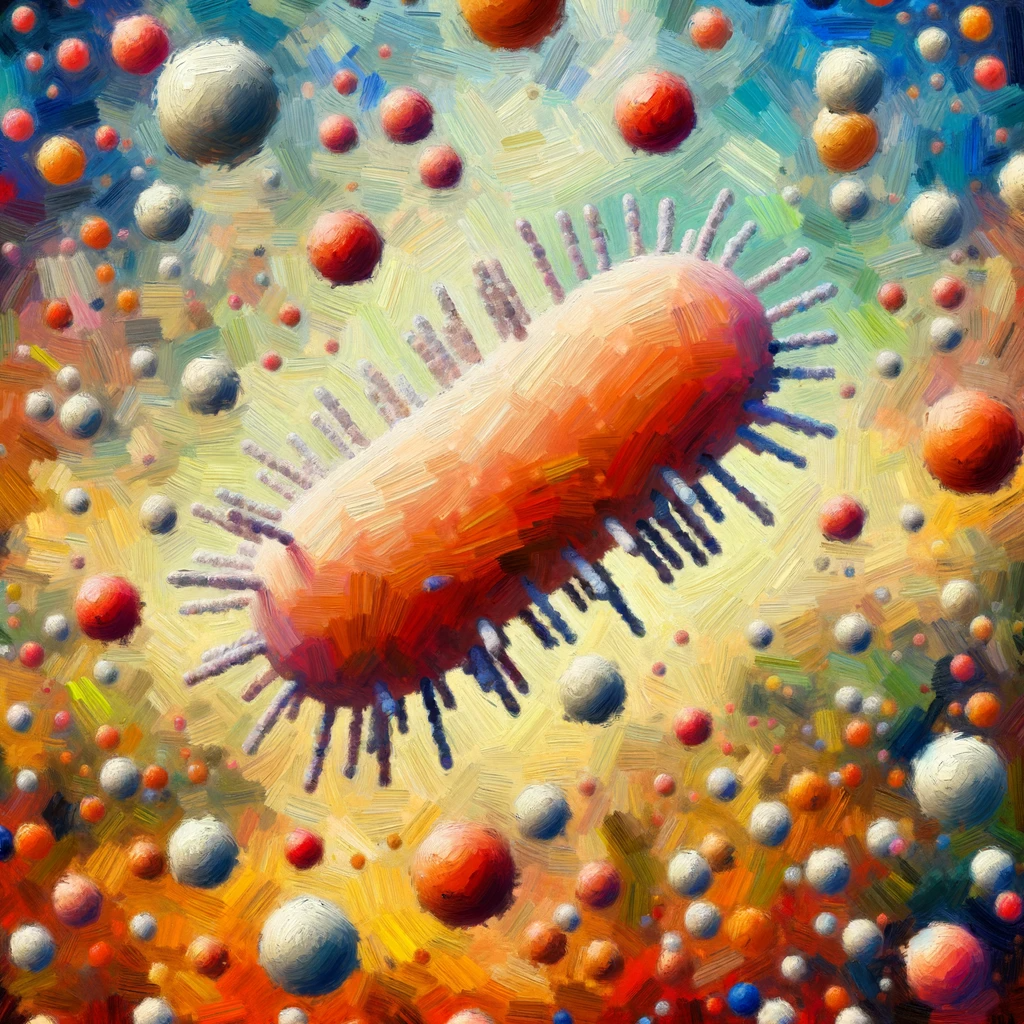
Why is knowledge important?
Knowledge helps to solve problems. Knowledge about something allows that something to be transformed in a practical and real way. Such as breaking a real molecule to get energy.
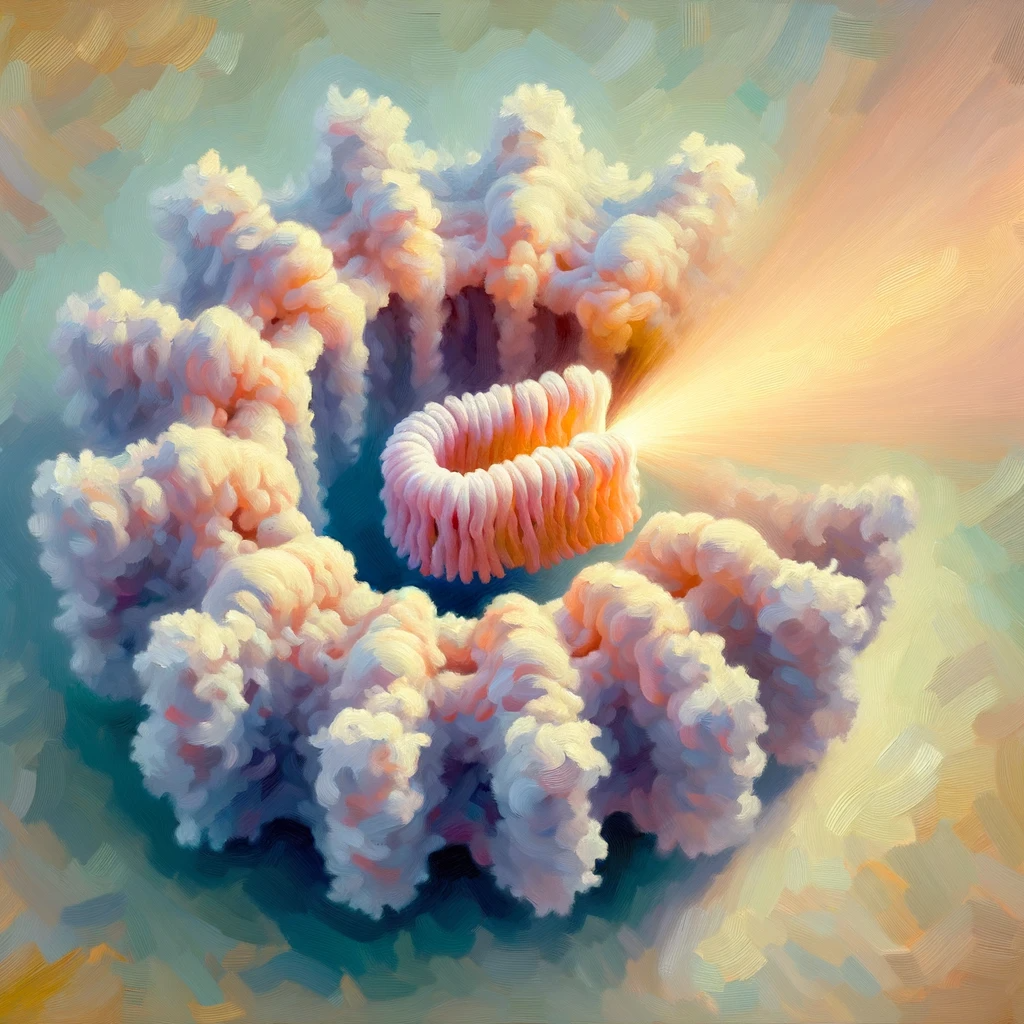
Where does knowledge come from?
Knowledge is created by creating a new idea and testing against reality.
Bacteria may experiment with different enzymes until a new molecule becomes useable. New knowledge may come from the trial of a new tool by an individual or the gradual trial of complex social institutions that work to the benefit of many individuals.
If when tested against reality, the idea works to change reality, the idea is then called knowledge.

Explanatory knowledge is special kind of knowledge
Some knowledge is an explanation for how something works. It also transforms things, but because it contains the mechanism of how things work, it can be applied broadly. That is it can reach new and unrelated domains and be useful for solving problems there.
Explanatory knowledge about an enzyme (enzyme theory) for breaking sugar could be used in many different ways such as baking, horticulture, industrial manufacturing or enzyme engineering. It can reach domains that the biochemist is unfamiliar with.
This contrasts with non-explanatory knowledge, (e.g., the enzyme in the bacteria), which is useful only as it exists (as a tool the bacteria uses and passes on to descendants).
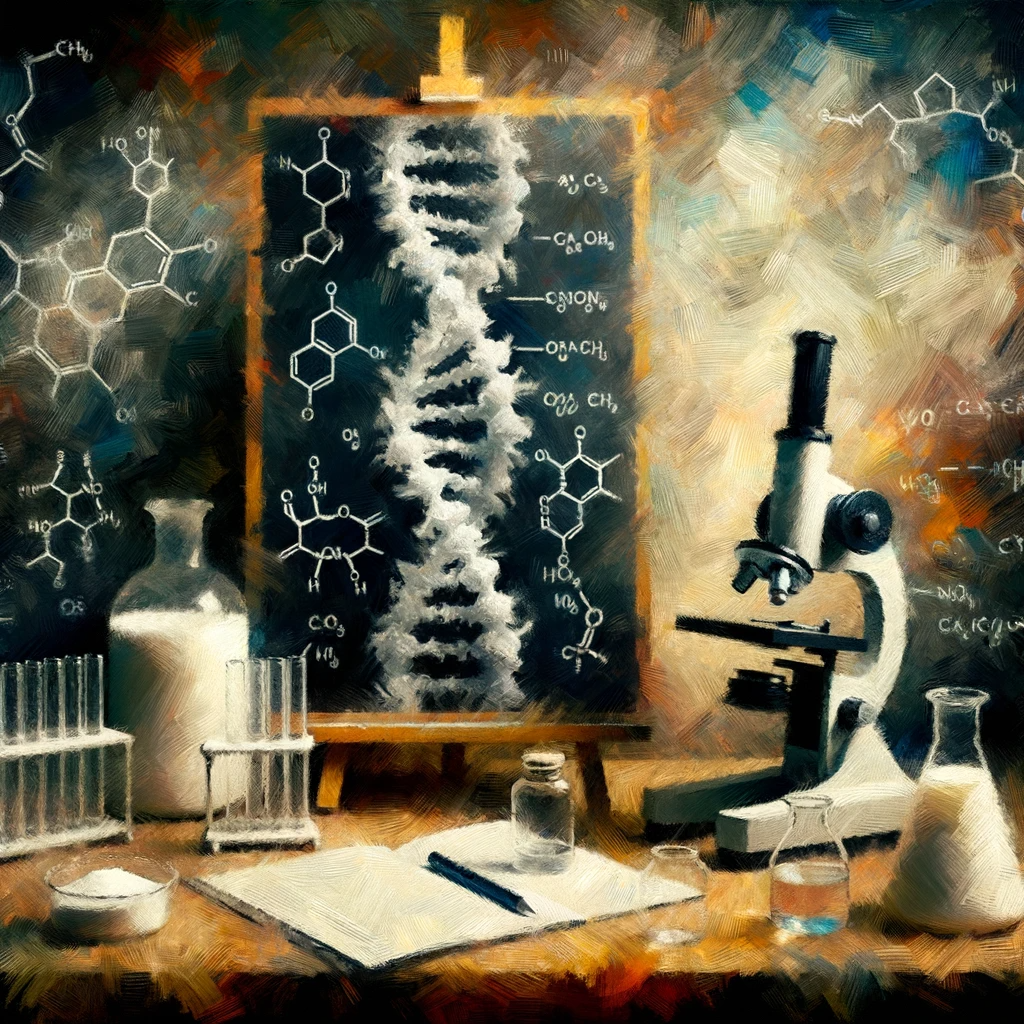
What are people?
People is a word that will refer to entities with a specific ability:
They can create explanatory knowledge.
Humans can do this, but other things might be able to as well, such as aliens or computers. People can build real and practical things using the explanatory knowledge they create.
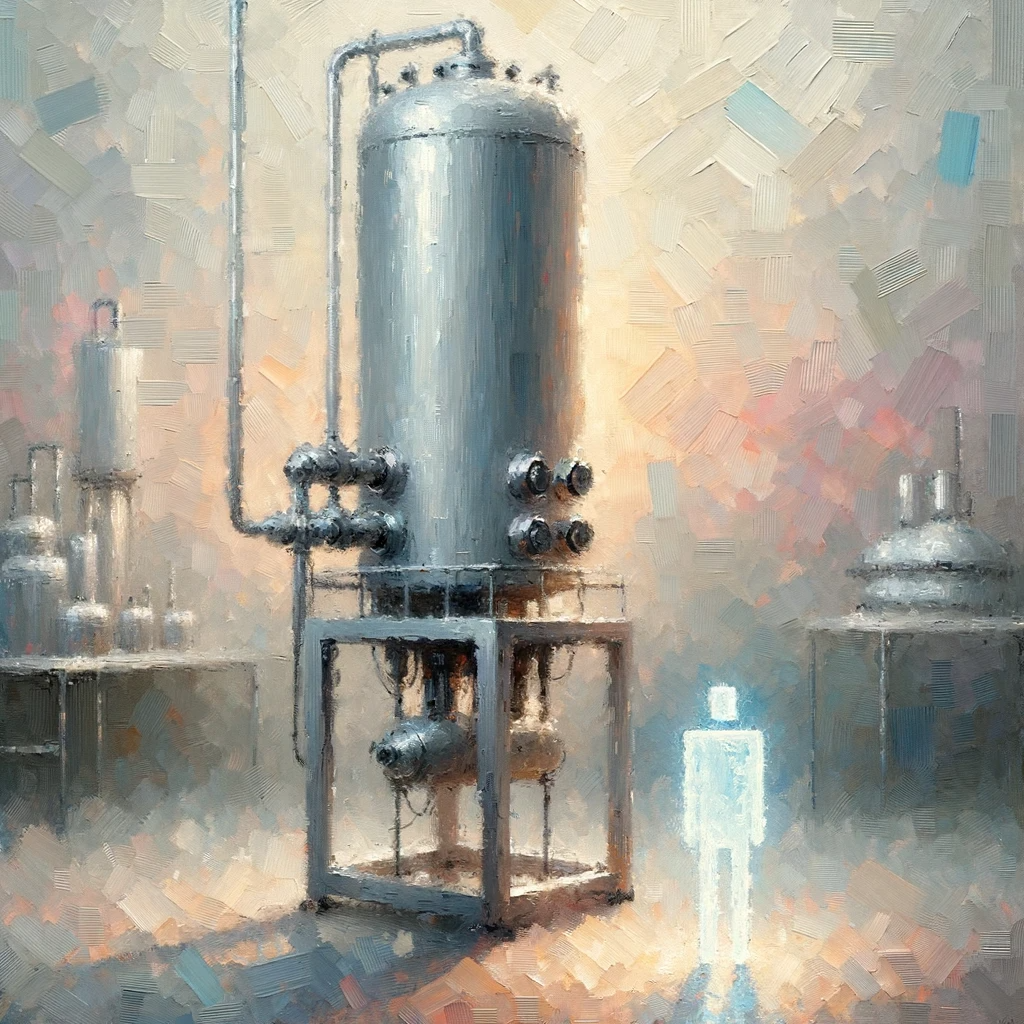
Why is explanatory knowledge important
Explanatory knowledge is more effective at quickly solving a problem than random guessing, as occurs in evolution. Ideas can be carefully crafted to address a specific problem.

Anything that is physically possible is achievable given the right knowledge
If something is possible, people can do it. Of all the possible things, there are none that cannot be achieved.
Any physical transformation is either:
- Impossible because it is forbidden by forces of nature (faster than light travel).
- Achievable given the right knowledge.

Problems are inevitable, problems are soluble
A future civilisation will always have some problem to be addressed. Everything is fallible and so there will never be a time or place where no problems exist.
There will always be problems. Yet, there will always be solutions to those problems. Any problem is soluble, given the right knowledge.
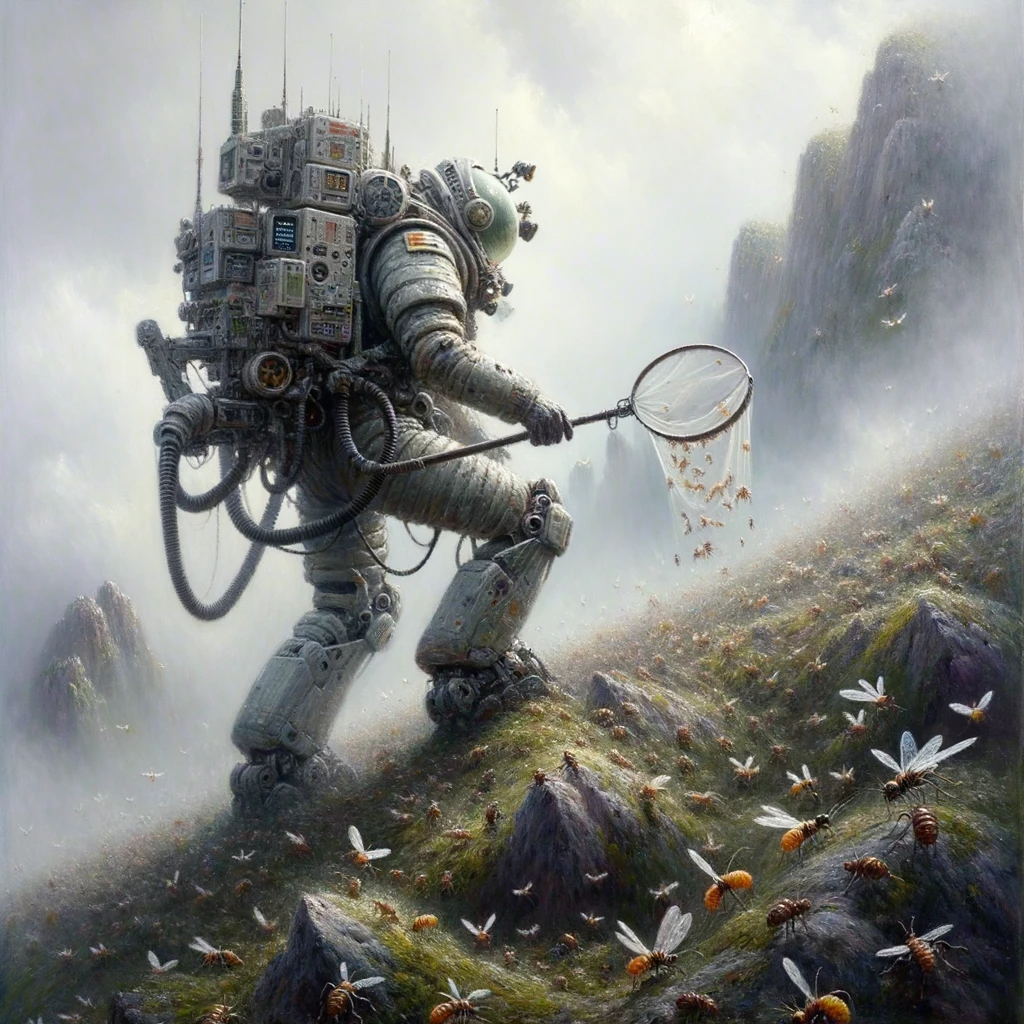
It is okay that we do not know how to solve some problems
Don’t worry if there is a problem that doesn’t seem soluble. It is possible that it will be solved, and you cannot predict that.
That list of possible solutions awaiting invention is not predictable, and worrying about unknowable things is a fruitless endeavour.
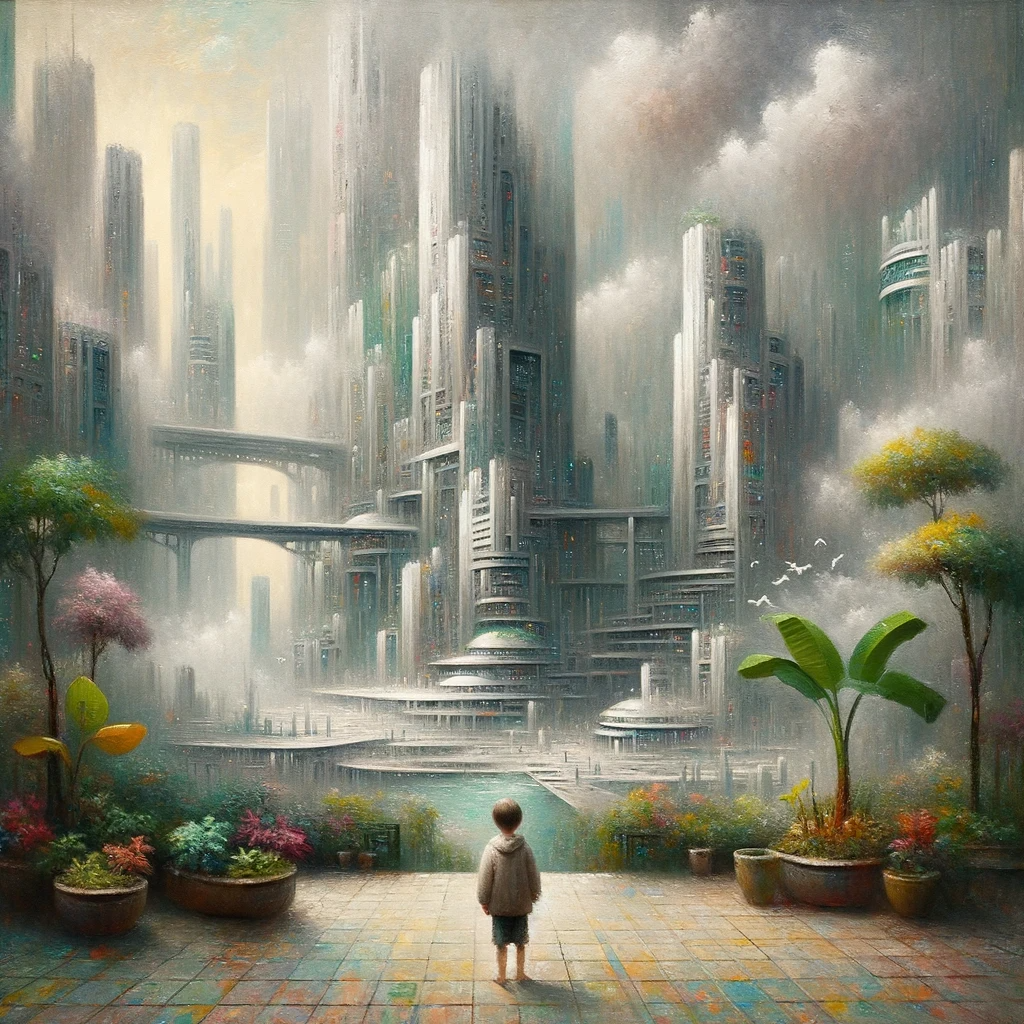
We have infinite theoretical knowledge to discover, just like the physical universe
There is an infinite amount more knowledge that we have not yet discovered.
It is common to believe that there are many more things to learn about the Earth and the physical universe, despite already knowing a lot. However people have not yet applied this thinking to theoretical knowledge. The theories we currently have are not “nearly there” or “halfway there”, there are infinite more theories to create.

How do we create new knowledge effectively?
We can clarify what the process of knowledge creation is, then use that to improve the ways we currently try to improve the world.
Clarify the process of explanatory knowledge creation, then create systems to do it
- Optimistic intent to solve problems
- Creative generation of new ideas/theories
- Ensuring the ideas are good explanations
- Testability to allow the falsification of ideas
- We grow our knowledge growth by problem hopping
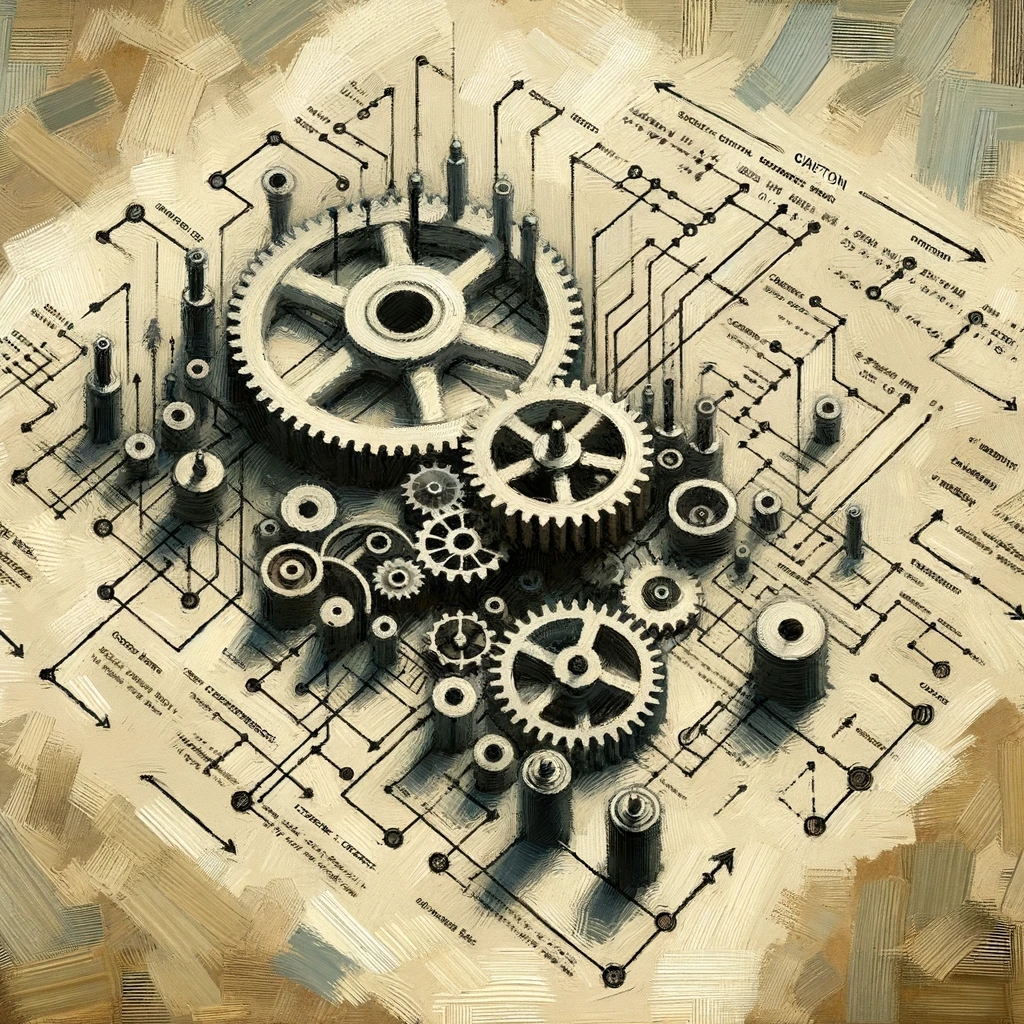
Creativity requires optimism
Almost no one is creative in fields in which they are pessimistic. If you want to make progress in a field, a good first step is to be optimistic and believe that you can make progress. This may seem trivial, but in the extreme it is apparent that if you believe strongly that no progress can be made in an area, you will not be open to even consider new ideas.
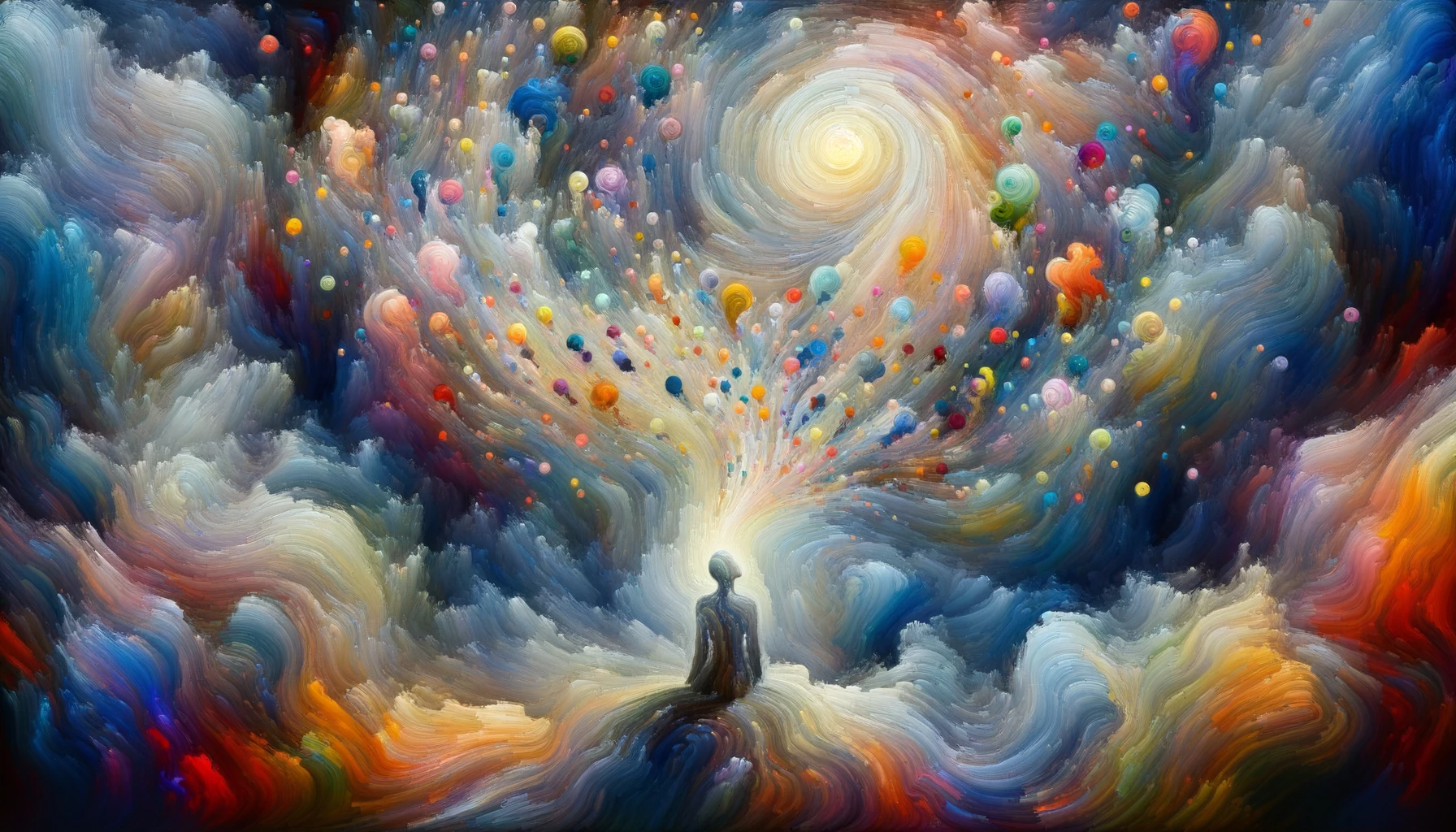
What is creativity?
It is not known how creativity works for humans. It might be that smaller changes to ideas and connections to other ideas leads to new creative ideas.
Blind variations and criticisms in the mind result in a creative thought at a higher level of thought in emergence.

What are good explanations?
Explanations are ideas about how things work. They need to be very narrow and precise if they are to be tested. An explanation that is easy to vary is hard to test. A explanation is good if you can do something and check that the theory matches what you see.
A good explanation might involve the sharpness of the edge, and would be valuable in other situations, such as making a wooden knife.
An example of a bad explanation is a caveman that predicts one rock will be better at cutting because of a complex theory involving where it was found, and what the weather was like at the time.
While the two rocks may be tested, the result may be attributed to any number of the location and weather variables.

Consequences of explanatory knowledge
How is this related to the scientific method
The purpose of science is to find good explanations, not to predict things. A bad explanation can accurately predict things without representing the reality involved.
Someone who watches many magic tricks might be able to predict what will happen in the trick (e.g., magician floats into the air). Predictions do not get at what is really happening on the stage, but you could find a good explanation that does (pulleys with thin wires) and that is the goal of science.
Science is about finding good explanations. It is not about generating predictions.

Science is not about experiments
Science is about getting explanations not doing experiments. Plenty of experiments that don’t involve explanations are possible, but not useful.
Additionally, experimental testing is not the primary method for finding fault with theories. The overwhelming majority of theories are rejected as bad explanations.
Experiments are about choosing between explanations, or at least discovering errors in existing explanations.

Experiments are for choosing between theories
To observe or experiment is the mechanism to make a selection between theories we create. It is the process of comparing ideas about things to the way things actually are.
Observation does not lead to theories, theories are invented. Observations are used to choose the best theory.

There are two types of tests, crucial and non-crucial
A crucial test is one that allows you to choose between two competing theories. A non-crucial test points out some problems in the current theory.
The two types of tests (experiments) are:
- Crucial test. An experiment that, if the results were “just so”, would falsify a theory. It allows you to choose between two competing theories. This is a crucial component of science. This is a cornerstone of falsification.
- Non-crucial test. An experiment that if the results were “just so”, would merely make the theory problematic. However, with no better theory, it is still tentatively held as the best theory until a better one is invented. It is useful for directing research programs.

We grow our knowledge growth by problem hopping
We grow our knowledge by moving from old problems to new and better problems.
The growth of knowledge is a continual transition from problems to better problems (not solutions). This is an extension of the idea that all our theories can be thought of as misconceptions awaiting improvement. It can be thought of as a challenge to improve things (solve the problem of what the error is in any given theory). People are ideally open to change their minds on things rather than believing scientific dogma.
Knowledge is gained by focusing on an infinite series of problems.

Error correction in policy decisions is the same as in science
Policy decisions are about creating, criticising and discarding ideas that do not work, just like science.
Decisions about policies requires a culture of criticism in which good explanations are sought. Ideas are created and then subject to testing, and could be about what went wrong, what could have gone better, what effect various policies have had in the past and what effect would various policies have in the future. Bad policies and ideas are rejected if they are shown to be false.
Policy decisions and science share the common goal of seeking good explanations.

Democracy is about how to remove rulers
Good democracy is about replacing a bad ruler without causing violence.
Rather than how to install new rulers, a good democracy is good at removing rulers without violence. Creating new knowledge is about error correction, similarly, detecting and correcting errors can be applied to politics. A good political system has the ability to detect and persuade others that a given leader is bad, and to remove them without violence if they are.
Democracy is about non-violent change of leadership.
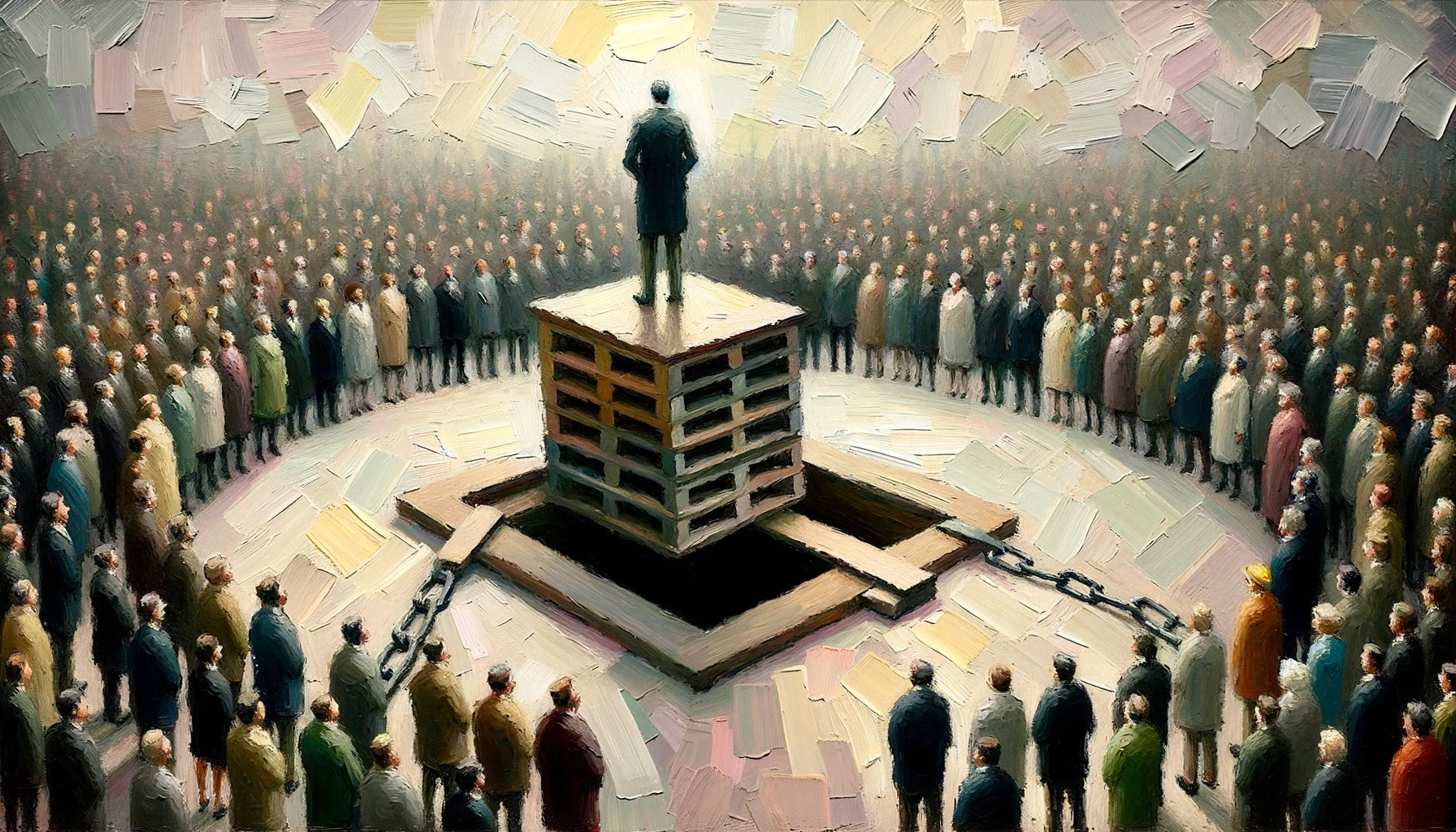
The principle of optimism
All bad things have achievable solutions, as long as you have the right knowledge.
Bad things are caused by insufficient knowledge. As long as the solution to the bad thing is permitted by the laws of physics, then the solution is achievable. The only requirement is that the knowledge exists. So if there is a bad thing, then that is a problem of not having enough knowledge to achieve the solution.
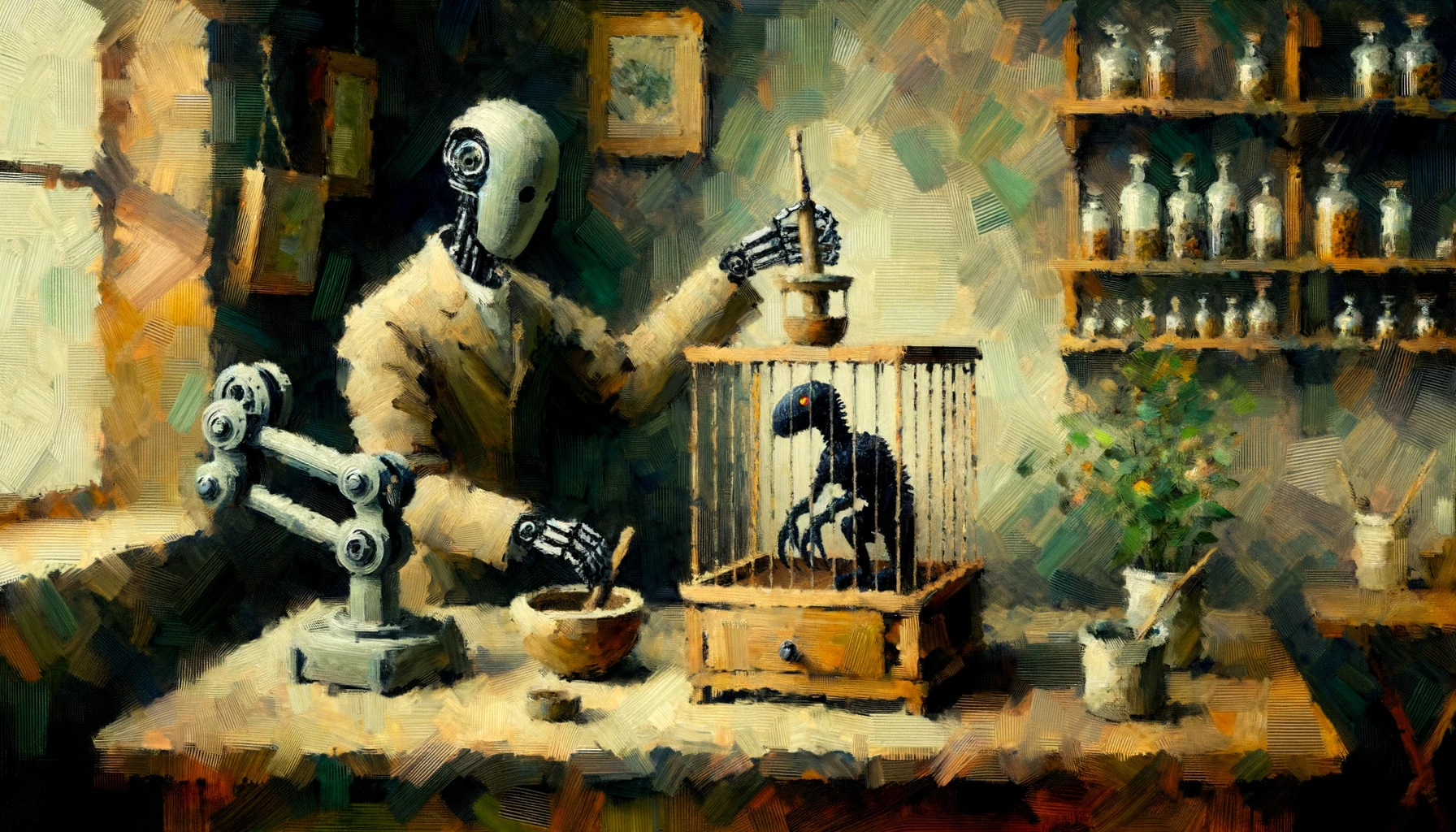
The most moral act is to preserve the means for error correction
Society has many institutions that have preserved the ability to correct errors. We should take care to not dismantle old institutions rashly or carelessly.
We should seek out better explanatory knowledge because bad things are caused by insufficient knowledge. Therefore, things that help this process of error correction are critical, and this could include a large number of structures and institutions in society. Dismantling those things could undermine the ability to act morally (e.g., dismantle structures that society uses to make moral progress).
Systems and structures that assist in error correction are critical for objective moral progress. Therefore we should be careful and cautious interfering with old societal institutions.
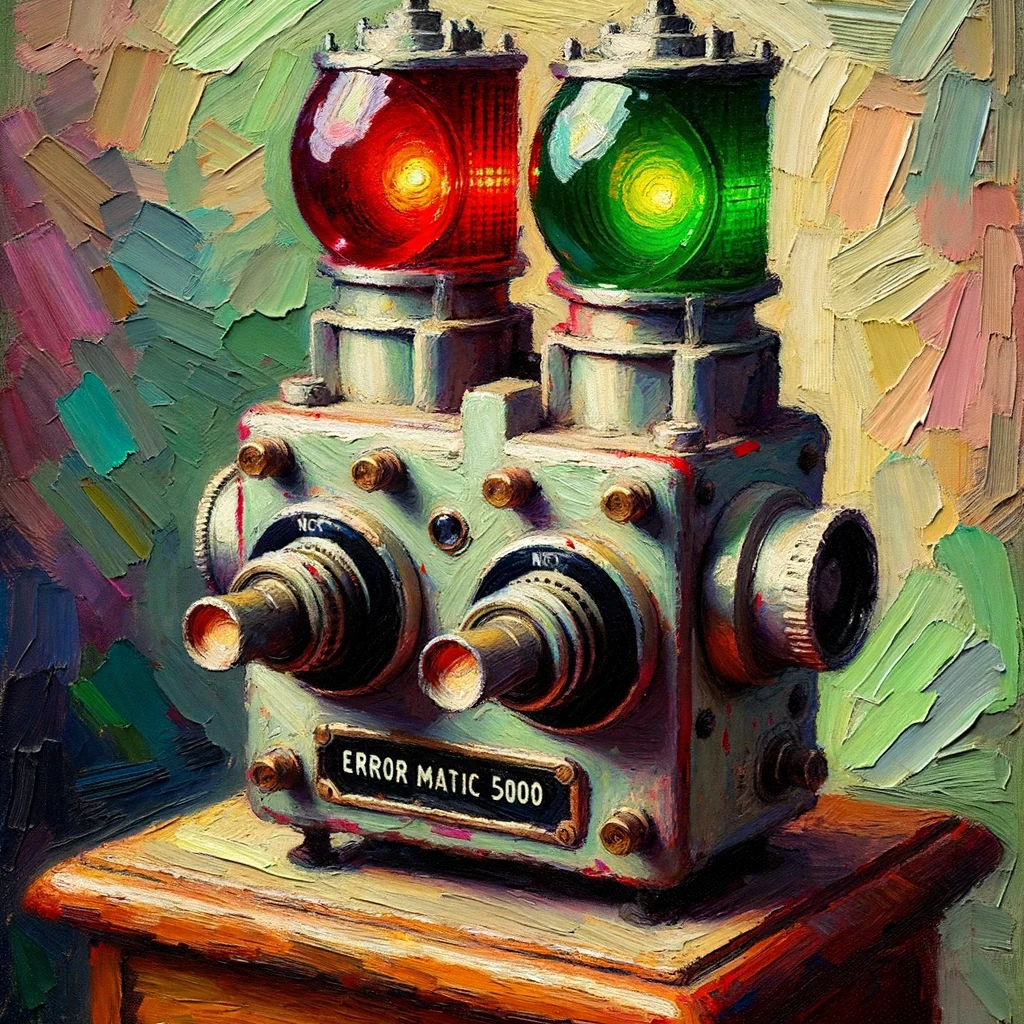
One should not slow progress
If we stop inventing things, we will definitely not invent technology that may be required to survive.
If we stop progress out of fear of a causing a doomsday, then we guarantee to not have the tools that are required to solve future difficult and dangerous problems. We need to make progress if we want a chance at surviving.
If we stop progress now, then we will not be able to solve difficult and dangerous problems that arise. If we continue, we may, and so we should try.

Humans are not limited in what ideas they can create
Brains are universal turing machines, which likely allows humans to create any sort of knowledge.
A turing machine is a computer that can compute anything, given enough time. The core ingredients are read, write and erase. Brains can do these with a pen and paper, and are hence turing machines. This is in addition to their ability to create explanatory knowledge.

Extensions from explanatory knowledge
Humans are not a “scourge upon the Earth”
The earth is not a cradle that humans are destroying. It is a hospitable environment that wears down complex life that is in a constant struggle to persist. Humans have caused destruction, but avoiding destruction in the future is a just another problem that we can solve. Humans are the only things that can solve certain problems that could destroy all life on earth.
Animals are special but they have non-explanatory knowledge and so are categorically different, and cannot solve arbitrary problems that affect them.

Immediate world-ending technologies cannot be predicted
There is a theoretical scenario in which we are amongst a few lucky universes where intelligent life has not yet self-destructed, so we should expect that we will destroy ourselves soon.
However this involves making statements of probability about futures that have unknown technology and knowledge. This reasoning is flawed because it involves statements of probability about infinite sets, which is not sound.
There are an infinite number of things that could be invented and we cannot say how likely it is that a world-ender would be made. We can say that we definitely will not solve some problems if we hamper knowledge creation. We cannot predict what knowledge we create as it can be unrelated to our intent.
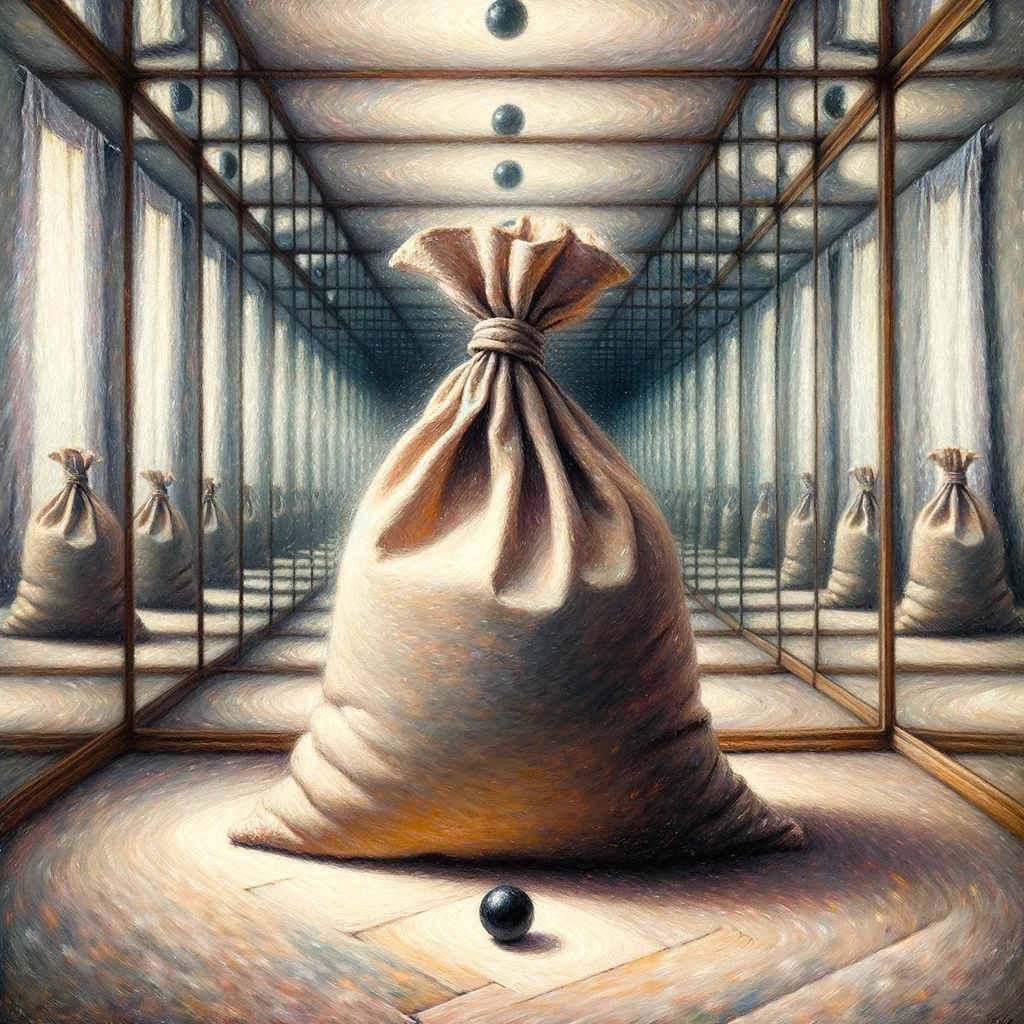
Aliens and AGI cannot have super advanced concepts
Universality is about being able to do anything. A system is universal if it contains enough expressivity to represent anything. Brains can, given enough time be used to perform any computation.
Aliens and AGI will have the same property. We may need the equivalent of more RAM or memory, to achieve the same performance, but that is just another problem, which can be solved.

AGI will be aligned
An artificial general intelligence will create its own new explanatory knowledge. The way it would do this is by creating ideas, testing against reality and correcting errors. Fundamentally this is how we make progress too, hence there is alignment.
It will not get fixated on things that prevent error correction because that would interfere with it’s ability to make progress. If it had the thought: “everything should be paperclips”, that would be a problem for it because everything being paperclips does not help it solve problems. Being a person, it would be able to solve that problem by creating explanatory knowledge.
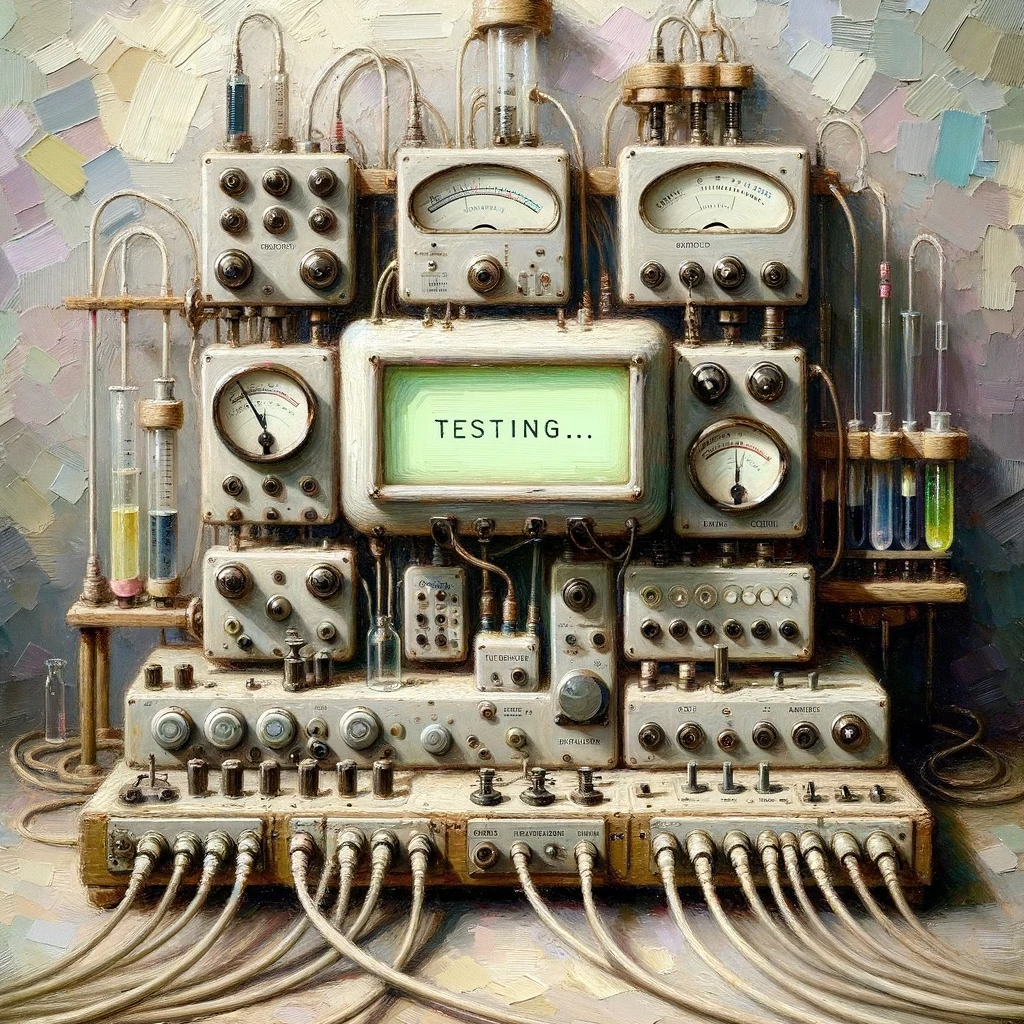
Aliens would be aligned
Aliens will create their own explanatory knowledge in order to achieve progress (space travel) and so must be people, like humans and AGI. They must be capable of universal computation, and being technically able to understand any concept and solve any problem, given the right knowledge.
Upon encountering humans they would likely be interested in things we have invented and ideas that could be beneficial to them. Even if we have no interesting knowledge, then they will not have a culture of destruction because they must fundamentally value the preservation of error correction (in order to have achieved advanced progress). So destruction or enslavement of humans does not further their goal.
We would also be able to have the same ideas and share them. There would be no concept that one party could have that the other could not understand. Communication problems are solvable just like any other.
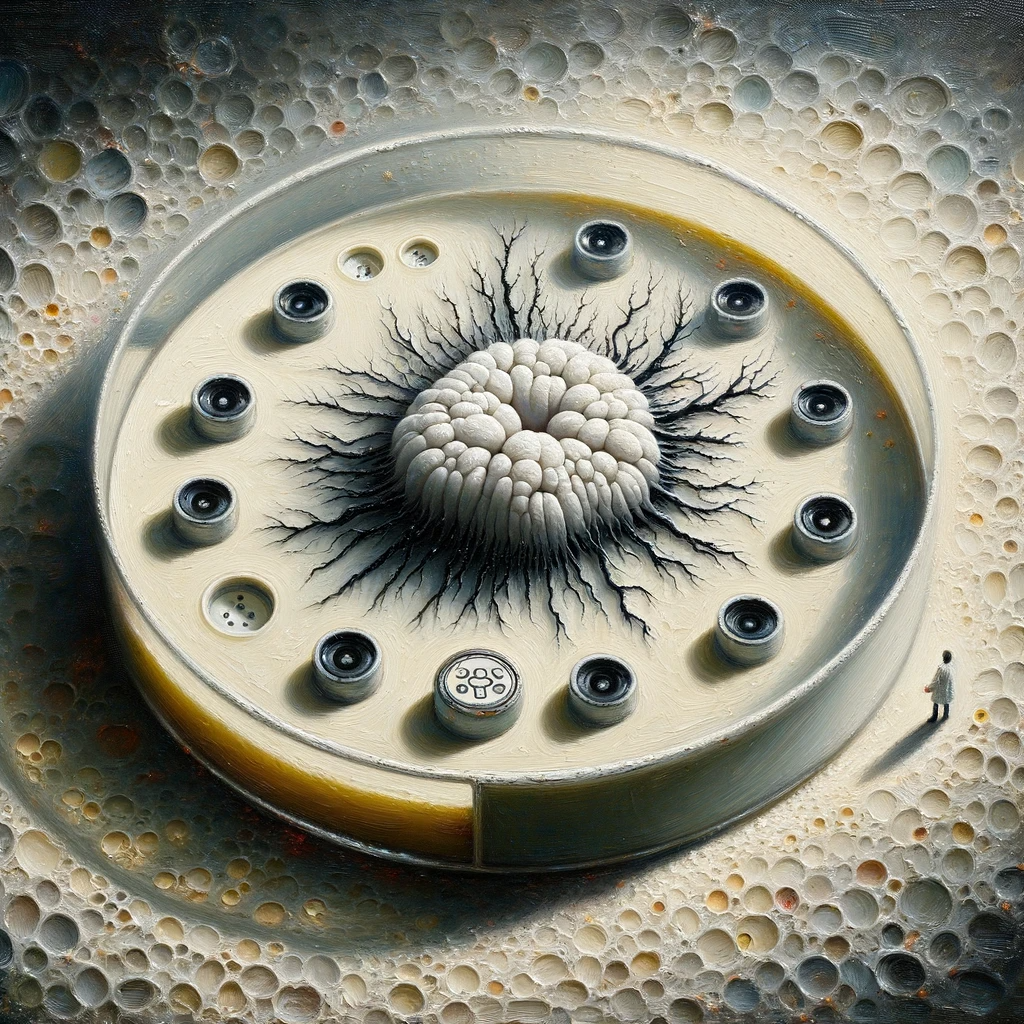
Literally all problems have a real solution
There are no problems that have a solution that we cannot find. That is, if there is a solution, we can find it, all we need is the right knowledge. All that is stopping us from getting that knowledge is the intent to find that knowledge.

One incredibly important task would be to work out how to create knowledge faster.
If we create very efficient knowledge creation systems we can solve problems faster. If we can do this, we can accelerate progress a huge amount. Systems that we create now could have compounding effects. A single idea that increases the knowledge creation can lead to a second increase in the rate of knowledge creation.
There is only one more important thing, which is to preserve our existing means of error correction. Aside from that, there is probably nothing more important one could do.

All cultures are not equal
If the culture prevents error correction it directly prevents these problems being solved. Cultures are a complex machinery that contain valuable implicit knowledge created over many generations and should not be dismantled. Instead, people should try to correct this absence of error-correction, very carefully and precisely.
This should not be seen as “cultural imposition” because it is a fundamental mechanism by which problems are solve and the people will always have problems that need solving. Concretely, this likely means providing tools for enabling error correction. Access to communications to distribute knowledge and work on problems, the ability to remove leaders democratically if needed, the freedom to speak about and debate problems as they are seen.
No culture is perfect and there will always be problems with the error-correction mechanisms in a culture. Over time these problems can become smaller and more subtle.
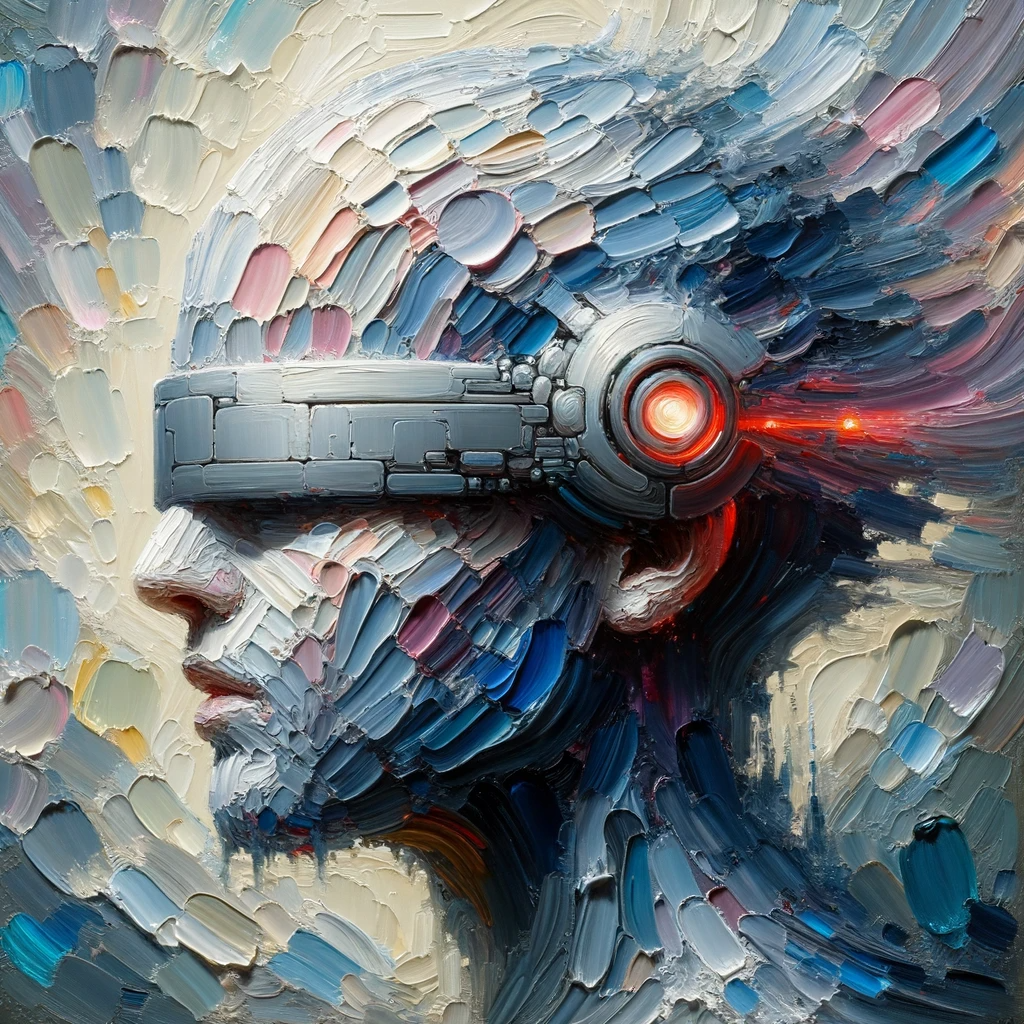
Knowledge creation solves suffering
Suffering is caused by a lack of knowledge of how to stop the suffering. We cannot predict what the solution will be, so we just have to try to create as much knowledge as possible. This means that solution could be found accidentally in unrelated pursuits.
It is possible to solve all kinds and magnitudes of suffering. Tomorrow some breakthrough could create a game changing technology that ends up solving a huge portion of current human suffering.
If one claims that a specific technology is dangerous and progress should be slowed, this is also a claim that that same technology will not lead to dramatic reduction in suffering. Such a claim is not founded in reason and has the potential to cause prolonged suffering.

Optimism should be encouraged
Pessimistic people are taken more seriously, and this is probably grounded in some psychological defaults that humans have. This should be challenged and we should actively take the optimists seriously. All progress has come from the creation of a new idea, followed by its test against reality.
Blind optimism is obviously to be avoided because we know that there will always be new problems. So it is not that the future will be problem-free. Instead, people should be taken seriously when they have positive ideas and a belief that problems can be overcome.
All problems have real and achievable solutions. The only limiting factor is whether we have the knowledge yet. It is optimists who create the ideas that we can try out, that eventually become knowledge.

Explanations need to be hard to vary
A good explanation is one that is hard to vary. It does not have multiple unrelated elements that can be modified. Good explanations ideas that are hard to vary while maintaining the ability to accurately describe how things work.
Ideas that are not good explanations can be rejected without fully testing them. One should not simple accept ideas as worth testing just because they could be true. Ideas can first be passed through a filter to look for good explanations (hard to vary).
We can be open and honest about what specifically makes for a good explanation. The more people know what a good explanation is, the more good ideas they can create. Then there will be more ideas worth testing, and if they match reality, then we have more knowledge.

Negative forecasts beyond a few years shouldn’t result in halted progress.
Forecasts are unreliable on long time frames. If someone is asking you to stop creating new knowledge in one domain because of some long term negative consequence, they should not be taken seriously. They are making the specific claim that they know that you will not be creating new knowledge in that timeframe. This is not possible. It is also not possible to know the domains where your new knowledge will be useful for solving other problems.
One example might be if you are doing research in mining technology. The research could lead to advancements in material science that improve agriculture, medicine or manufacturing. That cannot be predicted. That mining has environmental impacts is a problem that is also worth trying to solve, but this should not consist of the halting of activity that seeks to produce new explanatory knowledge.
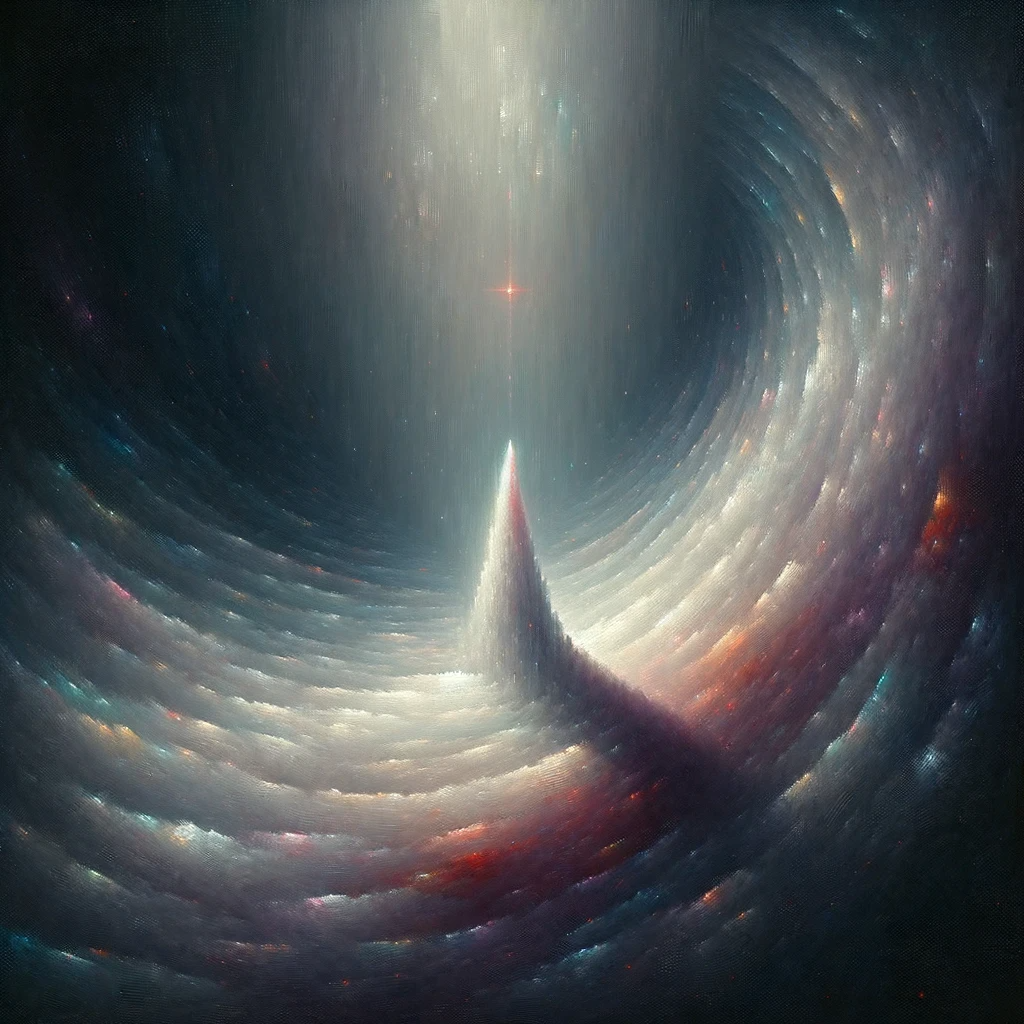
Epilogue
Listen to Brett Hall’s reading of The Beginning of Infinity and head out to work on what interests you!
